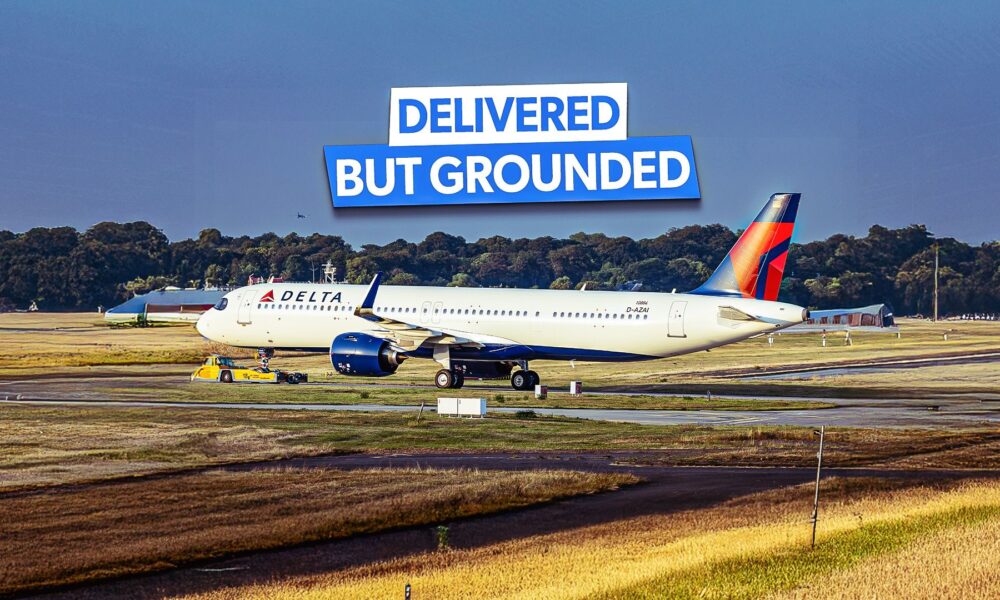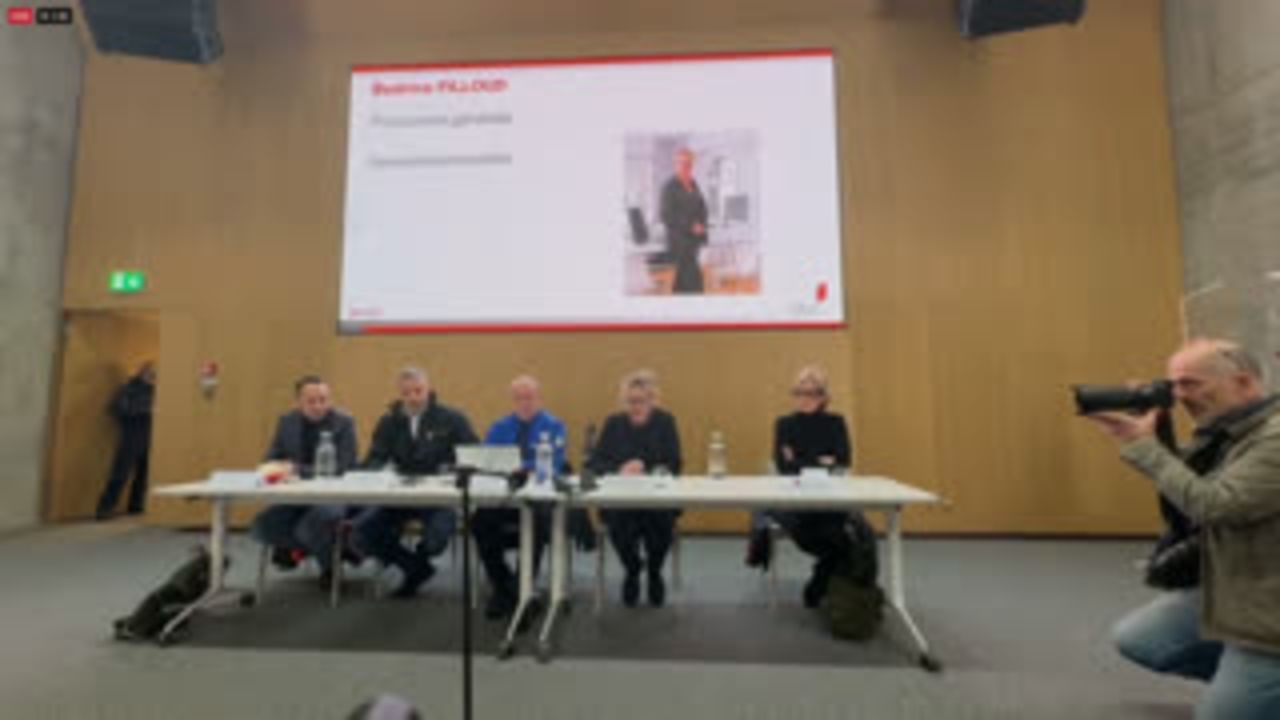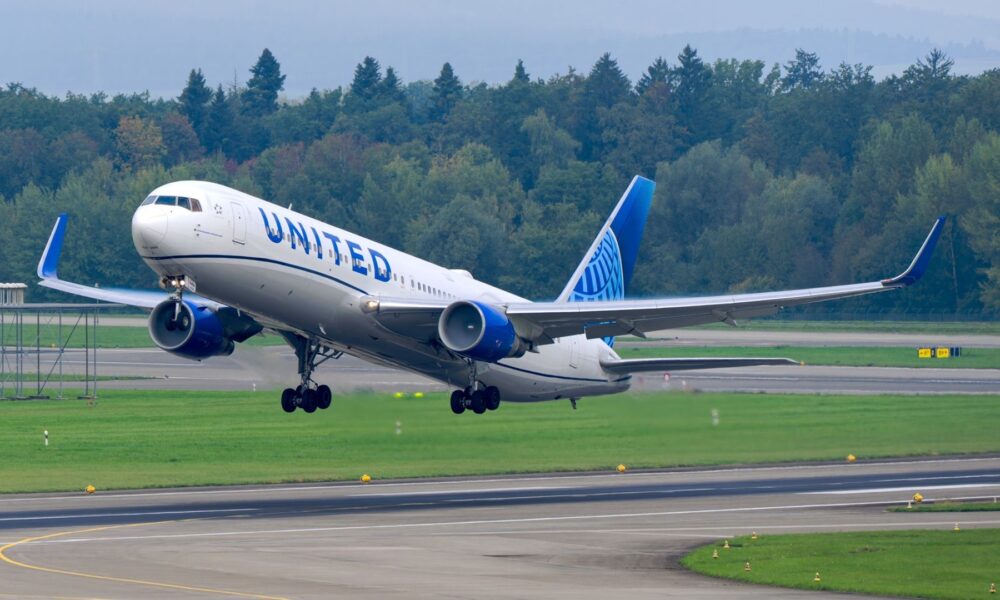Delta Air Lines has announced a significant upgrade to its Airbus A321neo fleet, introducing a new configuration that features an unprecedented 44 first class seats. This adjustment marks a departure from the airline’s standard setup, which typically includes only 20 first class seats across its A321neo aircraft. The change is driven by practical considerations as Delta seeks to optimise its fleet amid ongoing challenges.
The new configuration will be exclusive to a subfleet of Airbus A321neos, which represent the latest iteration of this aircraft family. These planes are equipped with advanced Pratt & Whitney PW1100G engines, standard sharklets, and updated interiors, making them a popular choice among airlines globally. Delta currently operates 79 A321neos, with an additional 71 on order, bringing the total to 155 aircraft when including five currently in storage.
Overview of Delta’s A321neo Fleet
Delta’s A321neo fleet predominantly features a layout of 194 seats, comprising 20 Delta First, 60 Delta Comfort, and 114 Delta Main seats. This standard configuration aligns with similar setups by American Airlines and United Airlines, which also utilise 20 first class seats on their A321neos. As Delta aims to modernise its fleet, the A321neo serves as a replacement for its aging Airbus A320-200 models.
The introduction of the new 44-seat configuration is primarily aimed at serving transcontinental routes. Data from aeroLOPA indicates that the revised aircraft will include 16 DeltaOne suites, 12 Delta Premium Select seats, 54 Delta Comfort seats, and 66 Delta Main seats, resulting in a total of 148 seats. This shift is particularly significant as it directly replaces the carrier’s existing “75S” fleet, which also features DeltaOne seating for transcontinental flights.
Challenges and Strategic Decisions
The decision to increase the number of first class seats comes amid certification challenges related to the new seating arrangements. Delta has encountered delays with its DeltaOne suites, leading to five of the newly configured A321neos remaining in storage while awaiting certification. To mitigate costs associated with these grounded planes, Delta has opted to install Delta First seats in place of the delayed DeltaOne seats.
The new A321neos will feature the Recaro CL4710 seats, which are already in use in Delta’s existing fleet. While the layout may seem unconventional, it reflects the airline’s commitment to generating revenue from its grounded aircraft. Delta will remove the bulkhead divider between DeltaOne and Premium Select to accommodate the additional 32 seats, resulting in a total of 164 seats on the aircraft.
The airline’s approach to marketing its domestic first class as premium economy aligns with industry trends, as seen with United Airlines’ Premium Plus offerings on transatlantic flights. Delta’s new configuration thus represents a pragmatic response to current market demands.
As Delta positions these aircraft on high-demand routes, such as Atlanta to Los Angeles or Atlanta to New York City, the airline’s strategy will hinge on maintaining high fares for the additional premium seats. Should demand for this new configuration prove robust, the subfleet could remain operational even after the DeltaOne suites receive certification.
In the broader context, certification delays have become a common challenge throughout the aviation industry. Delta’s experience mirrors those of other carriers, including American Airlines and Lufthansa, which have also faced complications in rolling out new cabin configurations. These delays have prompted airlines to explore alternative strategies to maximise fleet utilisation while navigating regulatory hurdles.
The introduction of the 44-seat A321neo configuration by Delta Air Lines underscores the airline’s focus on premium services while addressing operational challenges. As the industry continues to adapt, the success of this innovative approach will ultimately depend on passenger demand and the timely resolution of certification issues.







